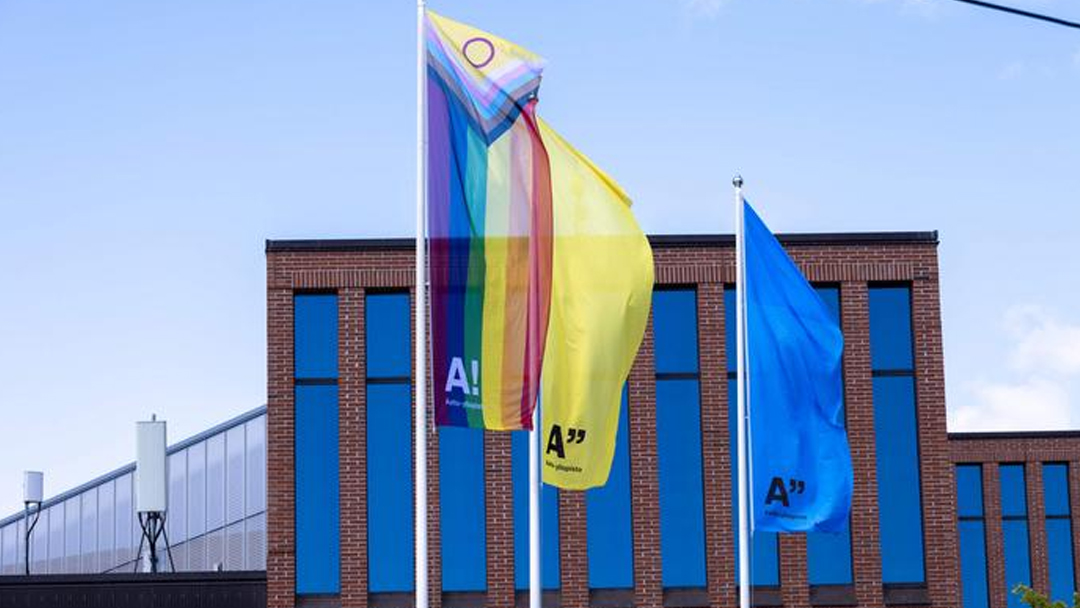LGBTQ-friendly policies can have a significant impact on innovation in major firms.
This is according to a study – “LGBTQ-friendly employee policies and corporate innovation” by Veda Fatmy, Jukka Sihvonen and Sami Vähämaa – that appeared in the International Review of Financial Analysis.
Existing studies have found a link between profitability and workplace diversity more generally, and yet no study specifically examined sexuality and gender-inclusivity as it relates to innovation. So the researchers in this study used scores from the Corporate Equality Index (CEI) in conjunction with data from the US Patent and Trademark Office and public databases — on patent counts, citations, quality and the number of innovators in a firm — to evaluate the relationship between LGBTG-friendliness and innovation.
The findings were notable: for every standard deviation increase in a company’s CEI, the number of patents increased by 20%. LGBTQ-friendly firms also demonstrated an almost 25% increase in the number of patent citations (an indication of how other companies value the innovativeness of a patent).
“Our results demonstrate that firms with progressive LGBTQ policies produce more patents, have more patent citations, and have higher innovation quality as measured by patent originality, generality, and internationality,” said Sihvonen, from Aalto University School of Business.
Furthermore, the research team has also processed additional data up until 2024, with indications that the positive trend may be intensifying over time, noted co-author Fatmy, from the University of Vaasa.
Findings ‘not just a blue state phenomenon’
A range of analytical methods were used to control for bias, with a link between inclusivity and innovation presenting regardless of the differing political or societal context.
“It’s not as politically polarised as one might think,” said Vähämaa, who also led the research. “The results get marginally stronger when most conservative states are excluded, but the difference is really minor, and the findings remain largely the same when the most liberal states are left out.”
“This is not just a blue state phenomenon,” added Sihvonen.
With diversity, equity and inclusion (DEI) currently a subject of immense controversy in the US, the research brings crucial data to discussions around the impact of corporate policy in shaping effective business strategies.
“Innovation is the fuel that drives both growth and profitability. Companies need innovation,” said Sihvonen. “The magnitudes of impact linked to LGBTQ-friendliness are big — and that means that the economic significance is too.”































































